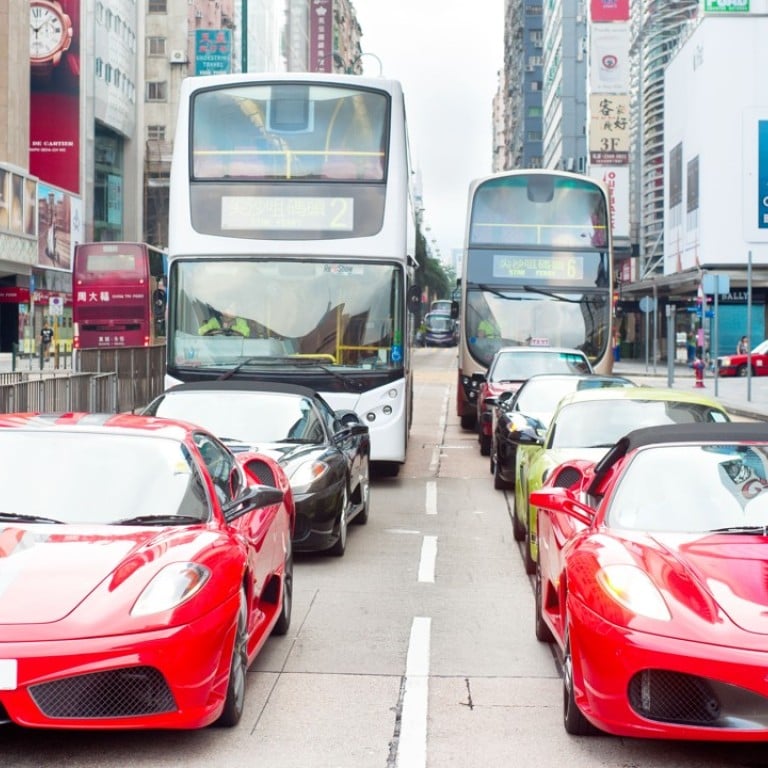
The crazy rich Asians of Hong Kong and what they spend big on: cars, collectibles, experiences, and property – the source of their wealth
With Crazy Rich Asians author Kevin Kwan’s new series for Amazon focusing on Hong Kong’s most powerful family, we look at some candidates for that title and how the city’s wealthy spend their riches
Eyebrows have been raised around the world in the past week by the antics – and the spending – on show in the box office hit Crazy Rich Asians.
Made on a budget of just US$30 million, director Jon Chu’s interpretation of the Kevin Kwan novel raked in US$45 million at the North American box office in the first week of its release, and is now on an Asia-wide roll-out that is sure to fill its coffers to overflowing.
Crazy Rich Sequel is on the way, director Jon Chu confirms
The romcom tells the tale of a US-based professor (Constance Wu) who heads to Singapore with her boyfriend (Henry Golding), where she encounters his fabulously wealthy family, including an overprotective mother, played with devilish glee by Michelle Yeoh.
Though it’s been billed as the first Hollywood film in decades with a predominantly Asian cast, what has grabbed the lion’s share of attention has been scenes depicting fictional Singaporean elites splashing the cash. There are sprawling mansions, over-the-top parties and sharks in a tank.
They are scenes, though, that could elicit a collective “meh” from Hong Kong audiences – because when it comes to crazy rich Asians, the freewheeling city has set the benchmark for well over a century.
In fact, Kwan told The New York Times last week he was in the process of developing a television series with Amazon that would be set in Hong Kong. The story would be based on the city’s most powerful family, and would be very different in tone and subject matter, he told the Times – leaving the identity of the family open to speculation.
Hong Kong has 93 US dollar billionaires (compared to Singapore’s 44) and being a millionaire is nothing special these days. Hong Kong has a million people with liquid assets of HK$1 million (US$127,300) or more, and their numbers are swelling by about 15 per cent annually, according to a Citibank report.
Six other Asian books that could be the next Crazy Rich Asians
The cash is certainly out there, as a scroll down Forbes’ annual rich list will attest. Hong Kong is home to nine of Asia’s 50 richest families, it shows – not bad for a city of about 7.5 million people.
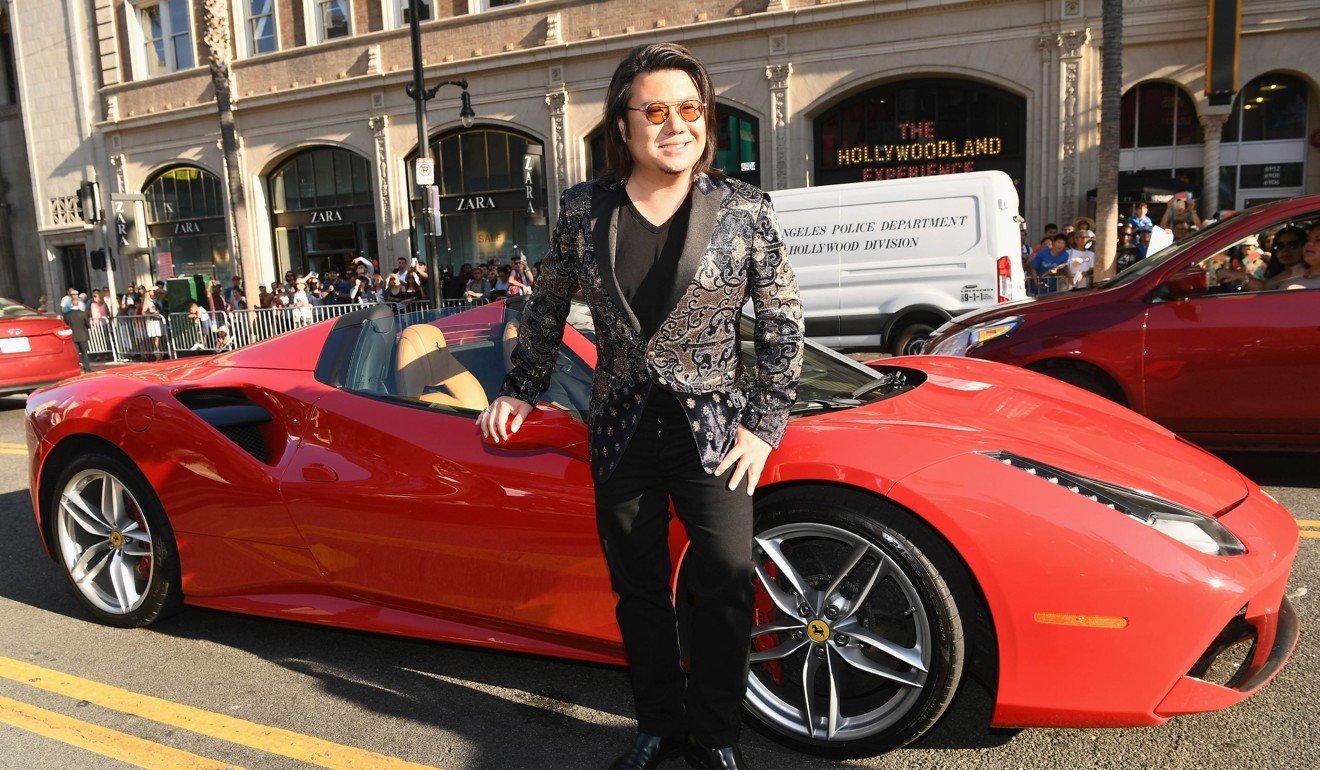
The Kwok clan of Sun Hung Kai Properties fame sits on top of the tree, even though big brother Thomas Kwok Ping-kwong has traded his penthouse for a prison cell, after falling foul of the law in a bribery case. Despite his woes, Forbes still had the Kwok empire down for a cool US$40 billion at the end of 2017, good enough for third place among the region’s richest families.
Next comes the family of Kwok’s former business buddy, Lee Shau-kee, who have ridden the success of Henderson Land Development and now have an estimated worth of around US$29 billion, making them the sixth wealthiest in Asia.
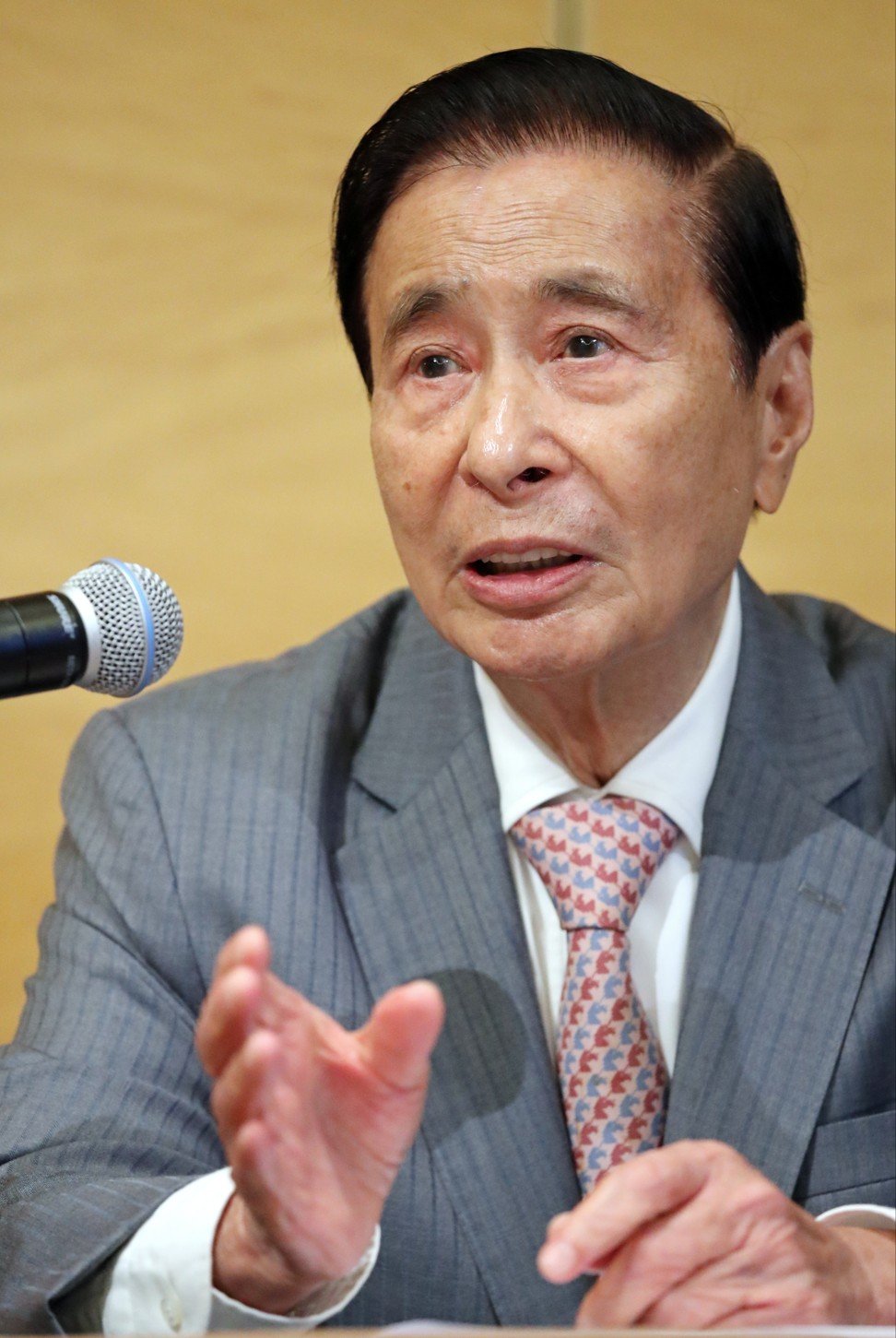
Filling out our top three (and ranked eighth in the region) is the family of the late Cheng Yu-tung, of New World Development and the ubiquitous Chow Tai Fook jewellery and trinket chain. The Chengs are apparently good for about US$22.5 billion.
Meanwhile, Hong Kong’s 50 richest individuals are collectively worth an estimated US$307 billion.
Forbes duly makes note of a few rising stars on the local scene, including the 41-year-old casino and resort operator Lawrence Ho Yau-lung, whose wealth has grown to about US$2.6 billion thanks to the success of his Melco Group.
Let’s not forget his sister, Pansy Ho Chiu-king (estimated personal worth US$5.5 billion), both of whom are children of Macau casino king Stanley Ho Hung-sun.
She now basically runs her father’s businesses and was recently reported to be the person who signed a cheque for the purchase of the US$115 million House 3 at 28 Gough Hill Road on The Peak – one of Hong Kong’s most exclusive neighbourhoods – making it the second-most expensive house in Asia.
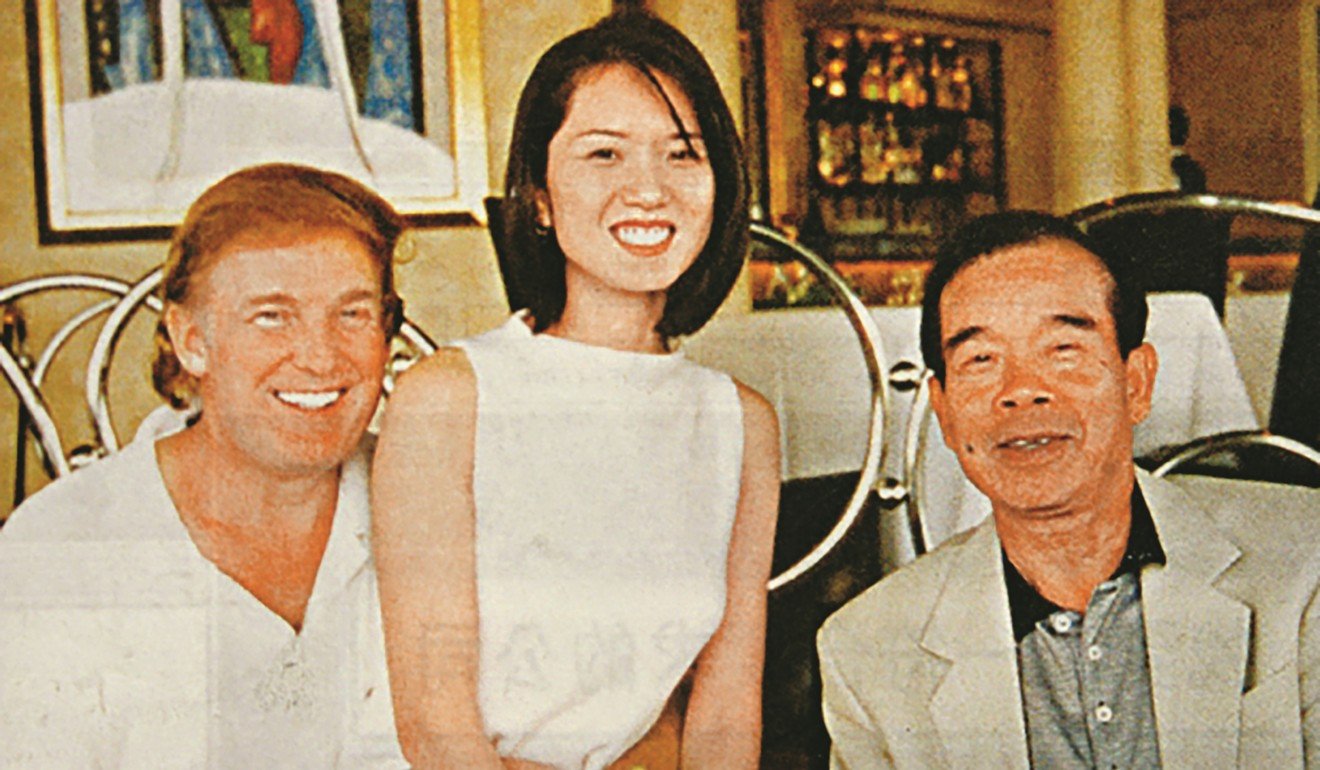
It should come as no surprise that property drives much of Hong Kong’s wealth, given the city has the world’s most expensive real estate; owning some of it fuels the fortunes of even the aforementioned lowly million millionaires – property accounts for an estimated 70 per cent of their holdings.
It’s more than just spending power that drives these crazy rich Hongkongers, according to Terence Tang, global commercial real estate giant Colliers International’s managing director of capital markets and investment services for Asia. They have smarts, as well.
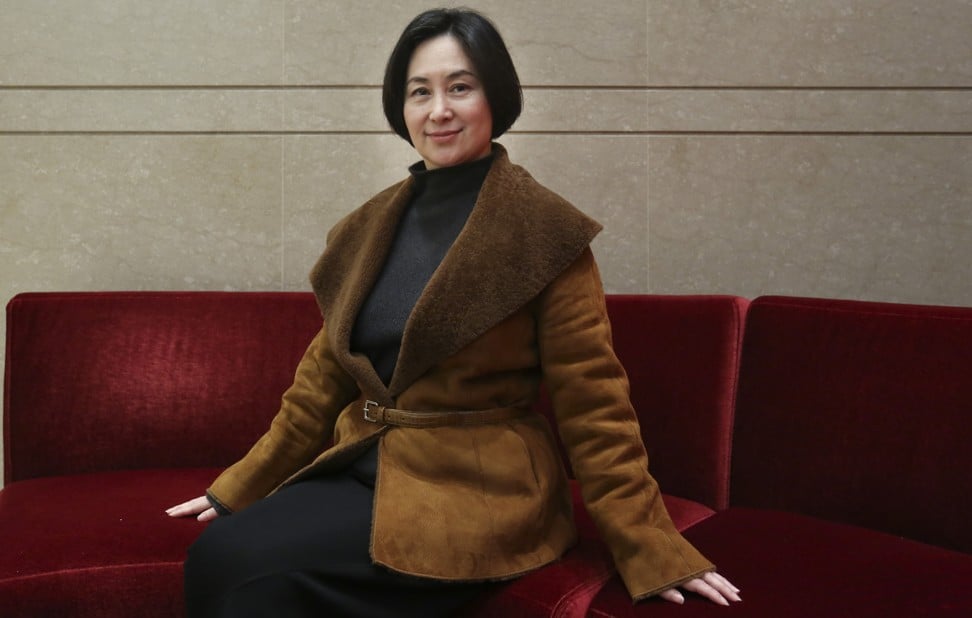
“The Hongkongers who are in their 50s and 60s went through the [1997-98 Asian] financial crisis,” says Tang. “The next generations learned from that. It taught them a lesson – that equities are not everything.
“They are very comfortable with developed real estate markets such as Australia and the UK, because they are very aware of the Commonwealth countries’ legal system. They prefer these markets, which will give them a more stable return, rather than emerging markets such as the Philippines or even Malaysia.
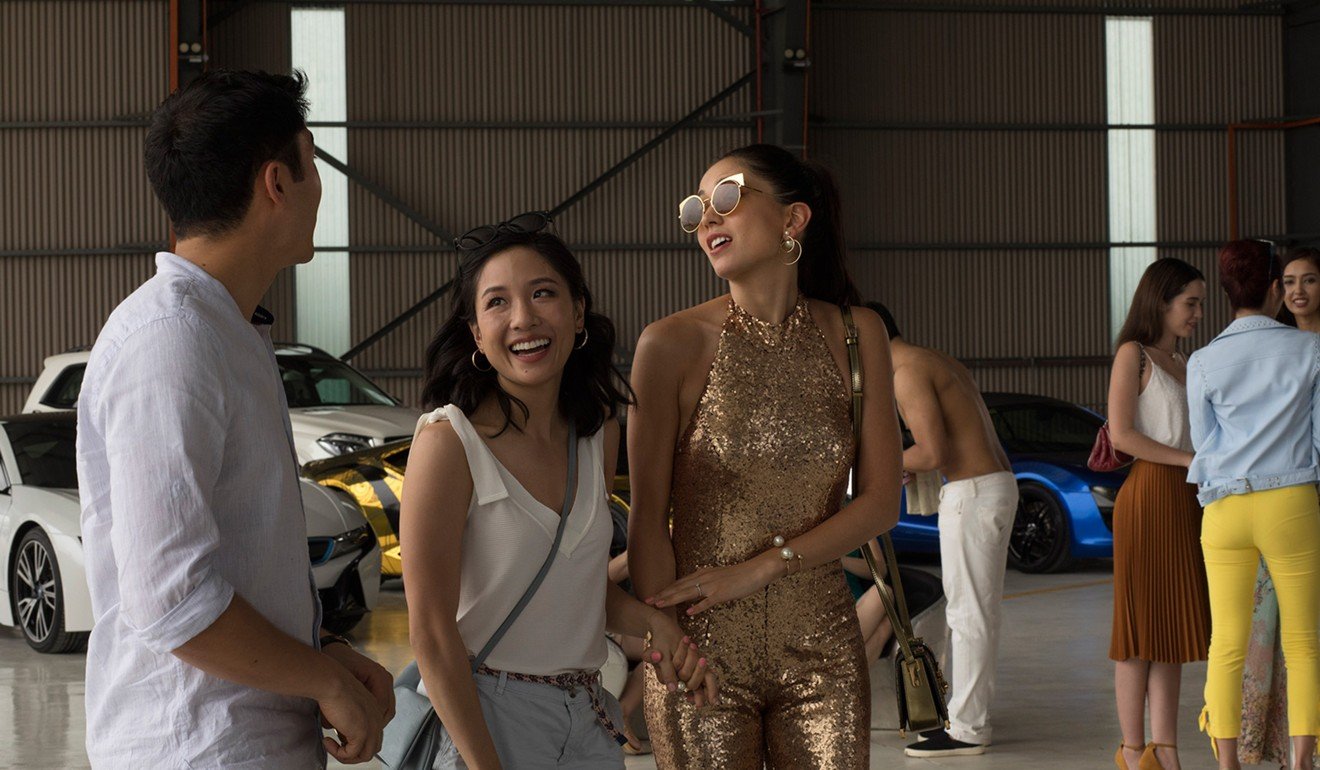
“It used to be normal to start [investing] with US$1 million; these days it’s US$2 million or US$3 million.”
Then there’s pure indulgence. In the past few months alone Hong Kong has seen a world record of HK$2,695,000 (US$343,000) paid at a Bonhams whisky sale for a bottle of rare first-edition Yamazaki 50-year-old, and a bottle of rare 60-year-old Macallan go for US$1.1 million.
It used to be normal to start [investing] with US$1 million; these days it’s US$2 million or US$3 million
Fancy somewhere flash to toast your own success? Hong Kong has six restaurants rated with three Michelin stars in which to indulge. Singapore? Zero.
Stuart Dale is head of client services in wines and spirits for the region at the personal lifestyle and concierge service Quintessentially. He says Hong Kong largesse has long been legendary. What sets it apart these days is simply that the purchase is more personal.
“What we’ve seen is that people in Hong Kong have really made a switch to experiences and to personalising those,” says Dale. “Five years ago, people would simply want to buy a great vintage. Now they want more. You can now go to some great vineyards, spend a great weekend, and you can leave with your own personalised barrel, your own vintage.
“People are opening their minds up to an experience. It’s gone from buying a product to an experience.”
Former Hongkonger Stella Suen’s New York-based luxury personal shopping service, The Luxe Link, caters to every whim of the city’s wealthy, and has in the past satisfied requests for everything from ball gowns to motorised skateboards. This gives Suen a unique insight into what makes Hong Kong’s crazy rich tick.
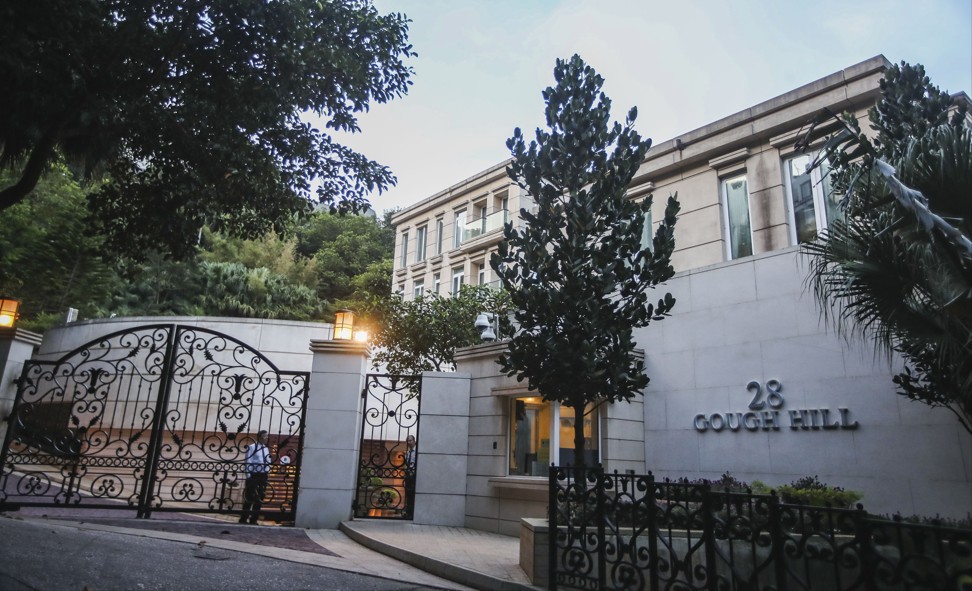
“The Luxe Link gives people access to items they may not be able to find on their own or who do not have the time to search on their own,” she says.
“The typical profile of our clients who live in Hong Kong is: they are fashionable, they love to shop, they are knowledgeable about luxury, they are brand savvy, and they are aware of trends and new releases, but they also look beyond merely what is ‘in’. Our clients definitely have their own individual style, and they don’t hesitate to let that shine.”
Cars are the ultimate reflection of indulgence in Hong Kong, given how small the Chinese special administrative region is, and the convenience and efficiency of public transport. But nothing turns heads quite like a flash motor, and a run through figures supplied by the Transport Department highlights an obsession with the very top end of the market.
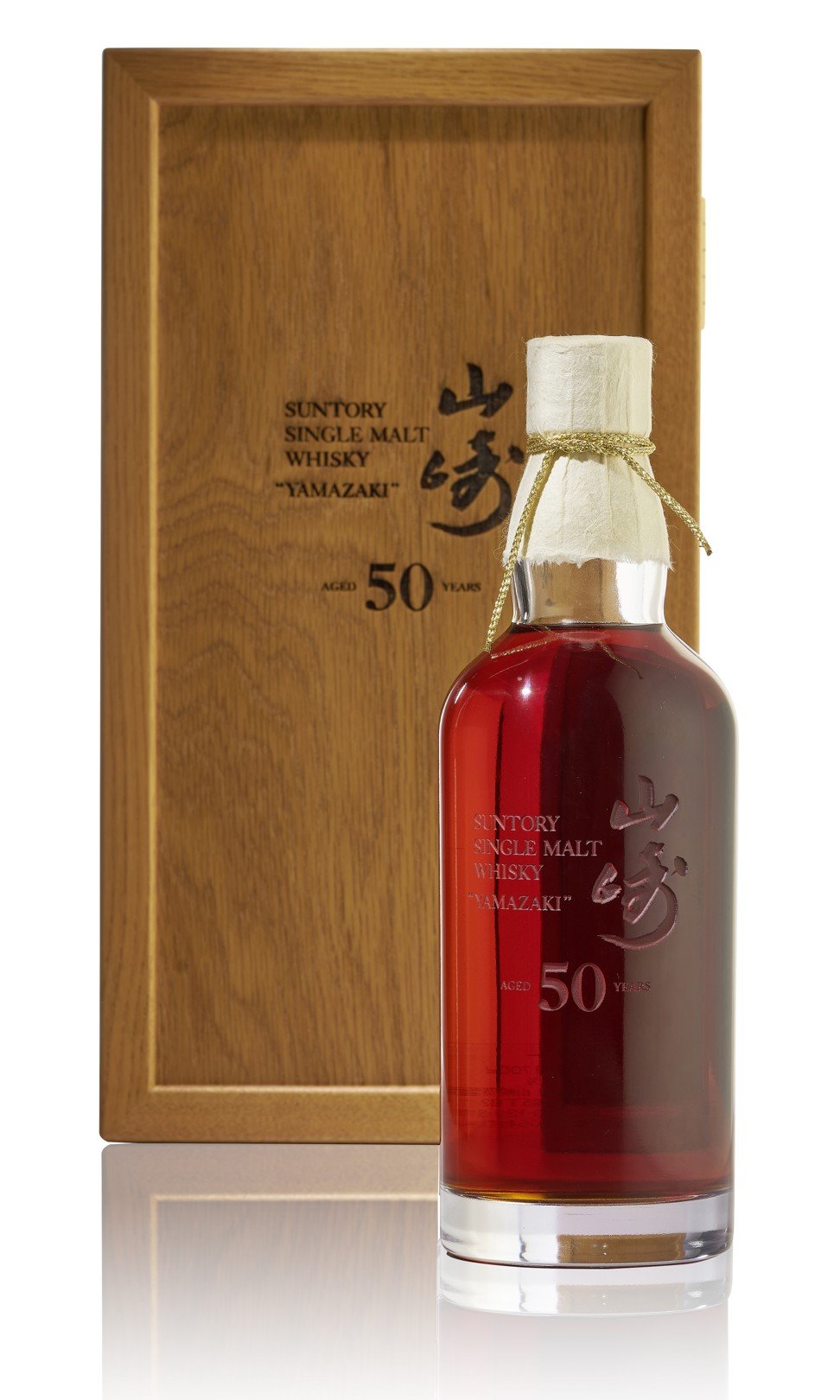
Last year, Hongkongers splashed out on an impressive number of such vehicles, registering Porsches (804), Lamborghinis (45) and Ferraris (39).
“Clients in Hong Kong pursue personalised lifestyle, creating a truly bespoke car that represents their unique style, tastes and ambitions,” says Elaine Fong, Ferrari’s local marketing and public relations manager.
Travel is another good barometer when rating the crazy rich. It seems Hong Kong’s high fliers are increasingly looking for bespoke experiences – and they are willing to pay any price to indulge.
Andrea Oschetti, of Hong Kong-based luxury travel outfit Blueflower, says these days there are extravagances anyone with the wealth and wherewithal can enjoy, such as being helicoptered into the Antarctic for a few days, or even an afternoon.
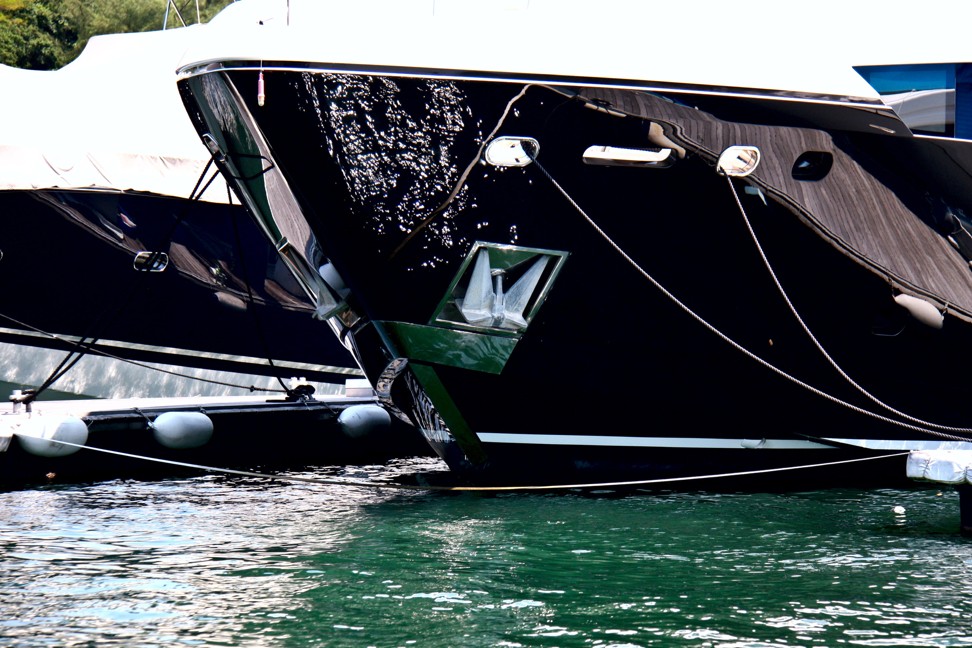
Hong Kong’s highest echelon have expanded their horizons, Oschetti says. “For Hong Kong these days it is more about doing things, connecting with things that are life-enriching rather than just simply turning yourself off for two weeks,” he says.
“People are spending more but they are spending more on experiences rather than going to hotels, which a few years ago was the big item on the wish list. Now it is about what you are passionate about.
The growing inequality in ‘crazy rich’ Singapore
“This month is the Venice Film Festival. Through the special connections we have, we have been able to arrange for some Hong Kong clients to walk the red carpet, right along with all the Hollywood stars. They are socialites and if you like to dress up, there could be no better experience.”

